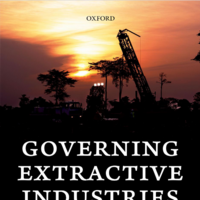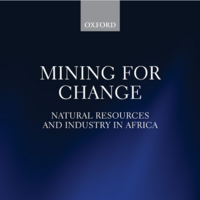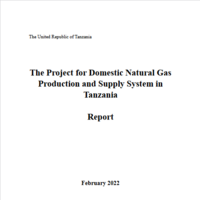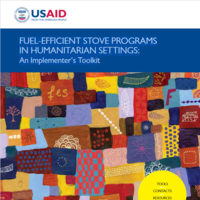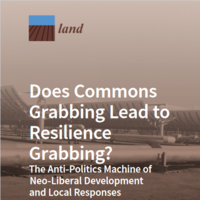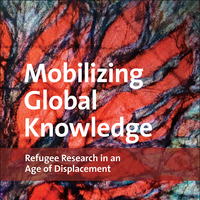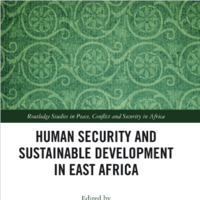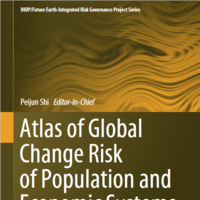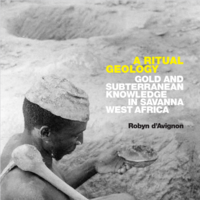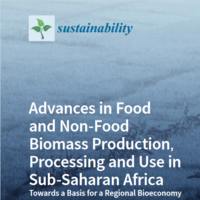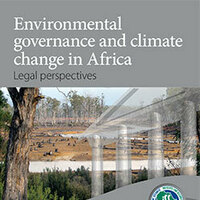Search
Books+
Searching 1,730 books
Search related to the career Petroleum Geologist
Exploration and Production: Petroleum geologists play a crucial role in identifying potential oil and gas reserves through exploration activities. They analyze geological data, conduct surveys, and interpret seismic data to locate hydrocarbon reservoirs beneath the Earth's surface. By identifying new reserves, they contribute to the long-term energy security by ensuring a continuous supply of petroleum resources.
Reserve Estimation: Petroleum geologists estimate the size and potential of oil and gas reserves. They assess the geological characteristics of a reservoir, such as its porosity, permeability, and fluid properties, to determine the recoverable reserves. Accurate reserve estimation helps in planning future production, optimizing resource utilization, and ensuring energy security by preventing shortages or over-dependence on imports.
Production Optimization: Petroleum geologists work closely with engineers to optimize the production of oil and gas. They provide geological input to enhance drilling techniques, well placement, and reservoir management strategies. By maximizing production efficiency, they contribute to energy security by increasing the availability of petroleum resources.
Risk Assessment and Mitigation: Petroleum geologists assess the geological risks associated with oil and gas exploration and production. They identify potential hazards, such as reservoir complexities, fault zones, or drilling challenges, and develop strategies to mitigate these risks. By minimizing uncertainties and ensuring safe operations, they contribute to energy security by reducing the likelihood of accidents, disruptions, or environmental damages.
Technological Advancements: Petroleum geologists actively participate in research and development activities to advance exploration and production technologies. They contribute to the development of innovative techniques like 3D seismic imaging, remote sensing, and reservoir modeling. These advancements improve the efficiency of petroleum operations, reduce costs, and enhance energy security by enabling better resource identification and extraction.
Environmental Considerations: Petroleum geologists also contribute to energy security by addressing environmental concerns. They assess the environmental impacts of oil and gas activities, such as potential groundwater contamination or habitat disruption. By incorporating environmental considerations into exploration and production practices, they help ensure sustainable energy development and minimize negative ecological consequences.
In summary, petroleum geologists contribute to energy security through exploration and production activities, reserve estimation, production optimization, risk assessment and mitigation, technological advancements, and environmental considerations. Their expertise and efforts are essential for maintaining a stable and reliable supply of petroleum resources, which are vital for global energy needs.
Source: Various AI tools

